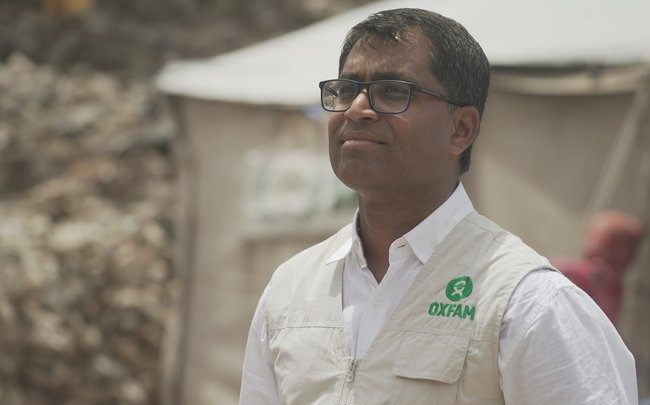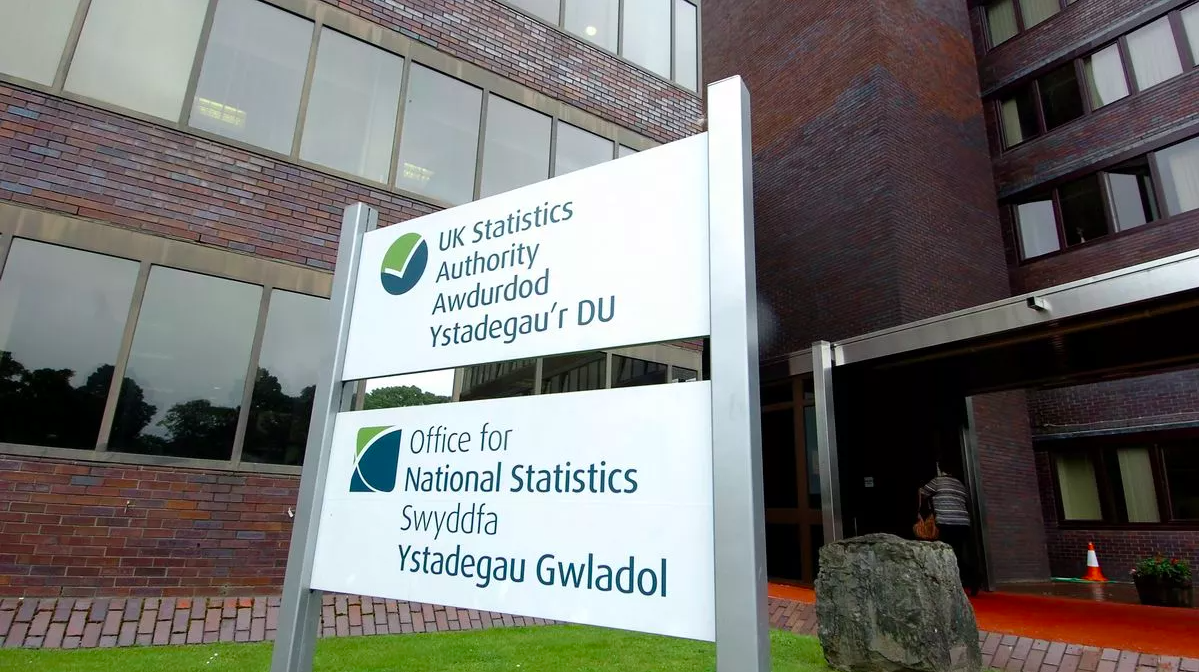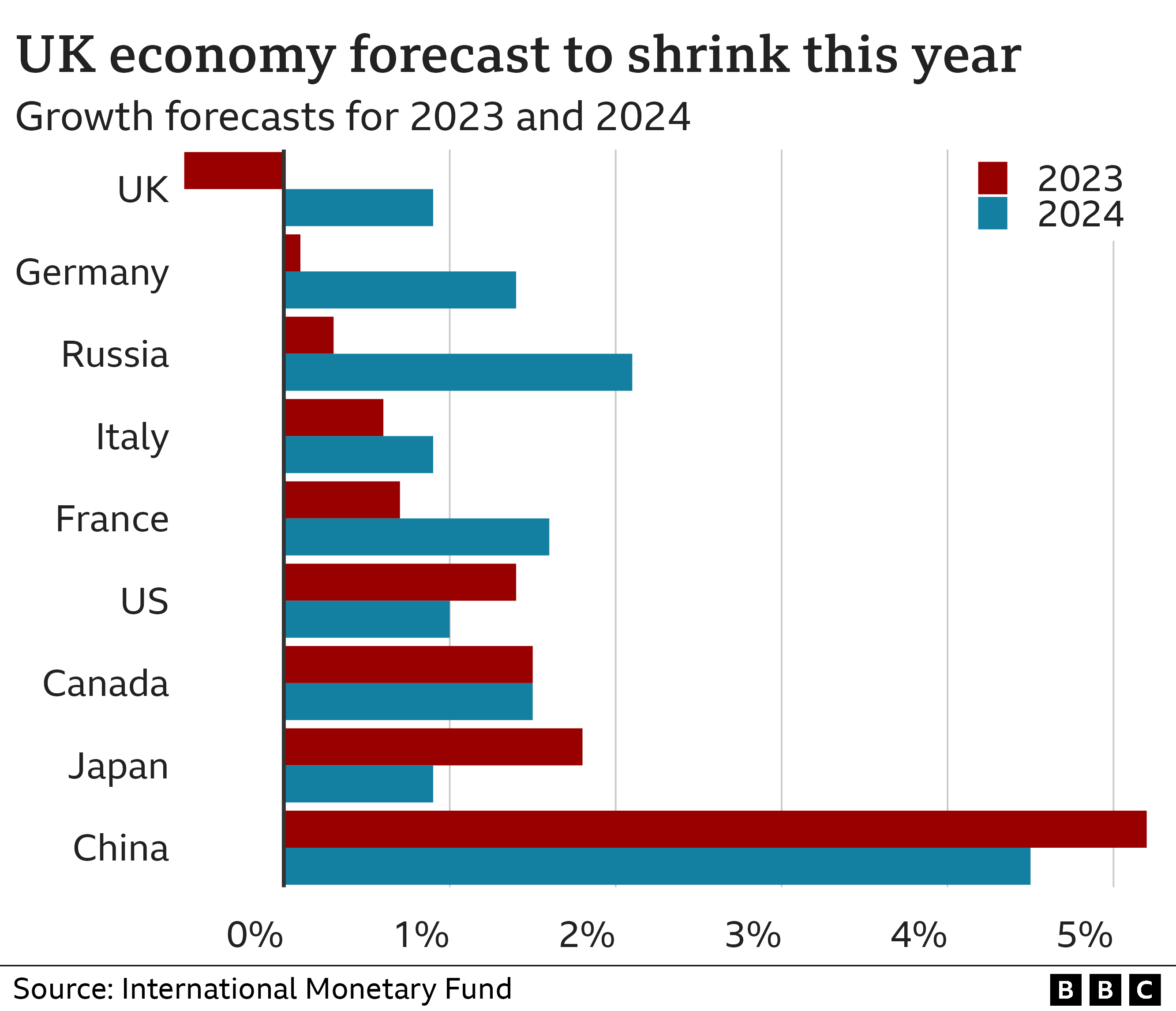ECONOMIC STATISTICS CONTINUE TO DECEIVE US
This is the third in Chris Clarke’s series of articles about manipulating economic data to brainwash us. His first opened the topic with convincing evidence about the manipulative motivation of the people using the data and the problems in gathering accurate and timely information. The second article showed why GDP data, Gross Domestic Product, is always inaccurate. Yet, it is widely used to support political and commercial ends.
Colonialism and anti-feminism
Recently Oxfam branded GDP “colonial and anti-feminist”, the UK’s Daily Telegraph headlined. The charity claimed that almost 2/3 of women’s work is unpaid and therefore excluded from GDP. It called for women’s domestic work to be valued as an economic metric.

Danny Sriskandarajah CEO of Oxfam which issued a report arguing that GDP renders a lot of women's work 'invisible'
The charity added its voice to calls to move “beyond GDP”, the most cited measure of each country’s economic growth based on the value of goods and services produced during a given period.
Those compiling and using the GDP are powerful. They include Governments, The World Bank; The Organisation for Economic Development, The OECD; The International Monetary Fund (IMF); and the statistical offices that individual countries use to measure their performance. The UK’s Office of National Statistics, ONS, is an example. The government controls it.

In another example, The United States has significant influence over the World Bank, given its position as the largest single shareholder and its historical role in establishing and developing the institution. It has traditionally nominated the Bank’s President. The USA exercises strategic influence over the World Bank’s policies and budget. The continued use of flawed GDP statistics is an excellent example of this.
Though supposedly neutral, all these organisations are heavily politically influenced. No wonder they are defensive over any criticism. It is natural for their leaders and employees to defend their life’s work. GDP and growth comparisons regularly favour the USA and its allies versus opponents like China.
The UK Government’s response to the Oxfam release was that traditional economic measures like GDP remain valuable financial performance indicators. It added that it had provided the ONS with an additional £25 million to help improve UK economic statistics, including through the Beyond GDP initiative.

The case against using GDP to measure economic performance and growth
Despite widespread criticism from economists, the use of GDP growth is general. Daily, financial media pundits like Bloomberg, Reuters, the Wall Street Journal, and the Financial Times; large financial institutions; governments and politicians all quote and spin GDP and Growth figures to support their varied points. Google Chrome numbered 751,000 items when I entered ‘GDP’ into my computer.
Users often defend using GDP Growth as the only measure available. ‘It is better than nothing’. A more pragmatic defence is that so many rely on it that it helps in understanding financial markets. What if GDP is so misleading that it is not better than nothing? Leading economists and other experts argue that GDP Growth is a terrible metric.
Deciding what should be measured and what to exclude is just one problem. Brushing one’s teeth is a service. Childcare is another. Paid childcare is measurable if the employment is recorded. Parental childcare and undeclared care are not.
Even in advanced economies, much service work needs to be recorded. This includes much childcare, gardening, and repairs. Sometimes, this is to avoid taxes, employment costs or immigration laws.

GDP discriminates against developing countries
In advanced countries, the division of labour, economies of scale and sophisticated infrastructures mean that most economic output can be recorded and taxed. Data is also collected more efficiently, rapidly, and accurately than is possible in developing countries. Despite this, much work is conducted without official records, even for leading politicians.
In developing countries measuring economic output and growth is more complicated. There are remote areas where physical and electronic access is difficult. Population and economic activity may be unrecorded. Without qualified statisticians and collectors of data, the information statistics are often years late, subject to rough estimates, political interference, and error.

Working for oneself is more common than in developed countries and cities. Households often build and repair their own homes, grow food on small holdings, hunt, forage, make clothes, and repair any vehicles and tools. Education and health services might be provided by locals and unrecorded. Those providing such local services would not be classed as employed.
People living this way in such places may be anything from happy and healthy to desperate. Predation by war bands, rogue government forces and bandits, let alone natural disasters, can be devastating.
Some farmers might be part of the multi-billion supply chain for narcotics. All the above have enormous economic impacts, but along with prostitution and many other activities, they fly below the radar of statisticians. Politicians may think them best hidden.
The OECD and others make ‘adjustments’ in attempts to take account of countries that cheat by providing regime favourable numbers. There are many such countries, especially dictatorships and feudal societies.
Politicians want data to show they are doing well. Equally important is to prove that political rivals or national enemies are performing poorly. The IMF, World Bank, the UN, and national statistics providers inevitably reflect the influences they work under.
Other problems with GDP growth
Natural resources - In corporate accounts that need considerable reform, businesses’ assets are recorded. Any adjustments are made annually in calculating profit. For example, an oil company records the value of its reserves of hydrocarbons. These are increased by exploration and technical advances, depleted by production, and impacted by the measures of their value used.
This type of adjustment is not considered in measuring a country’s GDP. The US and others have considerable resources in forests, oil, gas, and mineral deposits. GDP Growth can be increased when related industrial sectors increase their output, depleting national reserves. So, a nation’s natural wealth can be used up for short-term gain. Damage to the environment, habitat and the lives of indigenous peoples is ignored.
GDP includes wasteful production and storage - Many Western countries subsidise various types of production, especially in agriculture. They also buy up surpluses and store them for years at great expense. They subsequently sell them at knockdown prices. The EU is notorious for funding Butter mountains, wine lakes and beef surpluses. When sold, the quality is lower. Sales to developing countries damage local farmers who cannot compete.
China claims leadership in e-car production. However, huge numbers are being scrapped right off the production line. These vehicles are counted in GDP and growth calculations.
Military Spending - Some argue that spending on weapons, bases, maintenance, and personnel, as included in GDP, is a public good and a necessity. Deployment of military power frequently damages the GDP of other countries. Recent wars in Iraq, Afghanistan and the Ukraine are examples. Whatever you believe, expenditure on bombs does not yield a return on investment, and economic growth like spending on production machinery or specific skills training can.
Inflation - Inflation is not accounted for in standard GDP data. When comparisons are made across time, compounded inflation has enormous effects. Most politicians hate to have recessions on their watch. A recession is technically defined as two-quarters of negative GDP growth. Many national leaders are currently crowing that they have so far avoided recession. Deflated data would reveal that recessions are already widespread.
Environmental Issues - The current environmental debate about whether consumption today is at a cost to tomorrow’s economy is a hot topic. GDP does not account for the cost of ecological damage to the public. It does measure the greater output of corporations that might result in such harm.

The Employment Minefield - So far, we have focussed on the GDP con trick governments use to deceive us. How productivity is measured is to consider GDP related to the number of people recorded as employed. The number of people without work is a political football. Incumbent governments do their best to keep unemployment figures low. Typically, those over 16 recorded as working one day a week are counted as employed. That seems a low hurdle.
There are many ways government statisticians tinker with the figures.
- Delay in recording people as unemployed for as long as possible
- Registering more as full-time students
- Listing people as homemakers or retirees.
- Registering people as unable to work through health issues.
Unregistered immigrants, criminals, and tax dodgers are part of the economy, but it is impossible to include them in the statistics.

An easy solution would be to substitute all working-age people instead of those employed. Of course, countries could still define both ends of the age spectrum differently. In developing countries, many under 16s work. Many are pleased to do so and are essential contributors to household income. Others are exploited. In some cultures, working into old age is quite normal.
Artificial Intelligence (AI) and robots - Using current measures of those employed, productivity would be astronomical if no one were employed and machines and systems conducted all work. This leads to the following question.
Are robots and artificial intelligence improving productivity in all cases?
Most agree that AI and robots can improve human well-being, especially in healthcare. Is this universally true? Customers are increasingly asked to service themselves in retailing, banking, travel, and other activities.
McDonalds and others installed self-ordering terminals in their outlets. Banks are closing branches. AI apps, self-checkouts and websites have replaced personal service. This improves the productivity of organisations by reducing their labour force and, in the case of retailing and financial services, the number of costly high street premises needed.
Work done before AI is now being transferred to the customers. Because work for oneself is not counted in GDP. Are we destroying the jobs of others by servicing ourselves? Perhaps the productivity gains from robotics and AI are at least partly illusory.

Beyond the scope of this series of articles, the vast question to be answered is ‘If human work is replaced, will the owners of the machines and governments need and sustain people?”
Next Time
The last article in this series will examine attempts to remedy current GDP and growth analysis flaws. Some are useful. Others are fanciful. Famous and learned economists, including Nobel Laureate Joseph Stiglitz, are already using and championing alternative ideas.
We will consider the usefulness of Purchasing Power Parity, PPP; The CIA World Factbook; Analysing terrestrial light emissions from satellite images; measurements of Happiness and indices of well-being.
Worked on the article:

Wanlikhang





